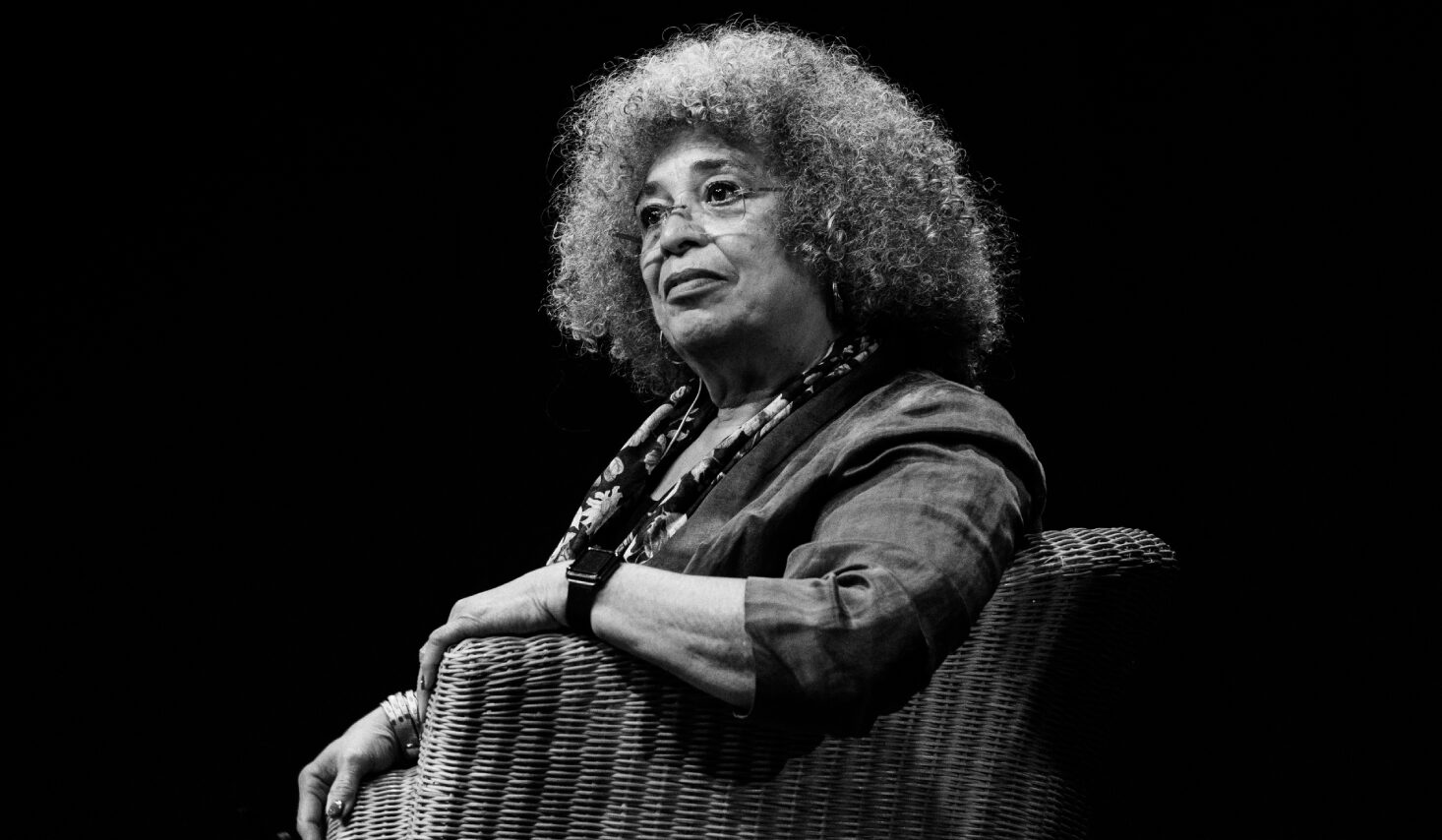
In her book Freedom is a Constant Struggle, Angela Davis says that “it is in collectivities that we find reservoirs of hope and optimism”, a statement that feels more true than ever this International Women’s Day.
Angela Davis is an intersectional feminist academic and activist who has written in great depth about how class, race and gender interact with each other and how they are impacted by societal institutions. Much of her work discusses the experiences of marginalised groups and considers what can be done to combat discriminatory attitudes towards these groups so that everyone can reach their full potential.
When I was first introduced to her work during my GCSEs, I felt one emotion: elation. I had never been exposed to anyone before in my entire education who I felt discussed matters that resonated with both my racial identity and sexuality.
Most of my lessons at school overlooked the experiences of lesbian women of colour, which led to me feeling as if my experiences in life may not be important enough to take note of.
But she helped me to change my perspective. Born in 1944 in Birmingham, Alabama, she grew up in a racially segregated nation, and as the civil rights movement started to grow in influence, Angela began participating more in activist work. And she hasn’t stopped since!
She highlighted why the experiences of people like me matter. Her activist work has helped me make sense of certain encounters I have had in life and this has sparked a passion in me and has driven me to want to learn more about the experiences of those who are often overlooked, both in history and in the classroom.
The idea that we can find “reservoirs of hope and optimism” as a collective is something that I hope we can all remember today. The inclusion of all women is what can bring about change and a hope for a better future.
Angela Davis taught me the importance of including LGBTQ+ women of colour whenever we talk about women as a collective, in classrooms, in history books, or around the dinner table, and why our narrative matters and plays an important role in the feminist movement.
Her work has inspired me and driven me forward into finding my own passion for activism in my life, and I hope that this International Women’s Day can be a day where we all do our bit of activism.
I hope we can consider in greater depth the experiences and stories of LGBTQ+ women of colour such as Angela Davis, Tracey Africa Norman, Sylvia Rivera and Josephine Baker.
These women are trailblazers who have played significant roles in the feminist movement historically, they have achieved greatness in the fields of activism, academia, fashion, modelling and entertainment.
Ultimately, I hope Angela can teach us all that inclusion can create a better tomorrow.
Izzy is an ambassador for Just Like Us, the LGBT+ young people’s charity. If you’re LGBT+, age 18-25 and living in the UK, you can volunteer for the Ambassador Programme here.



